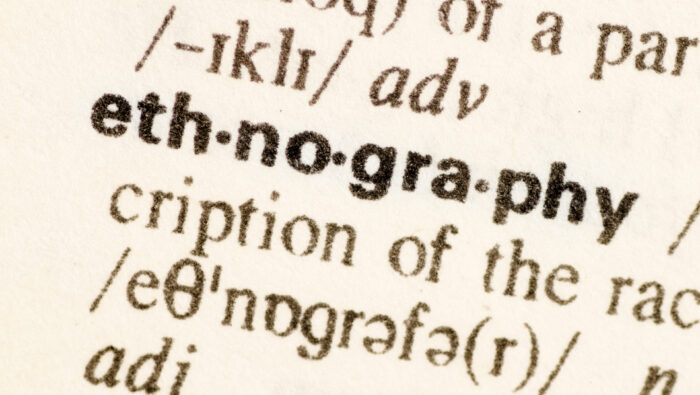
Prof Jeffrey G Snodgrass
Professor of Anthropology, Colorado State University
Jeffrey is a cultural & psychological anthropologist who examines how ritual & play identities & processes contribute to health & wellbeing, including in situations of social & environmental precarity
